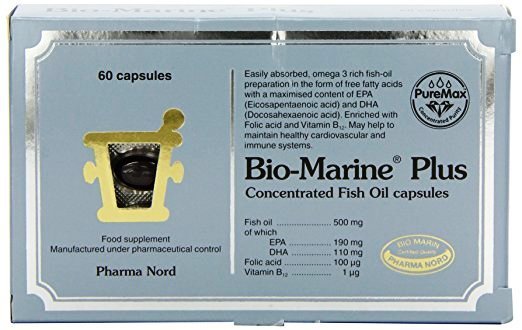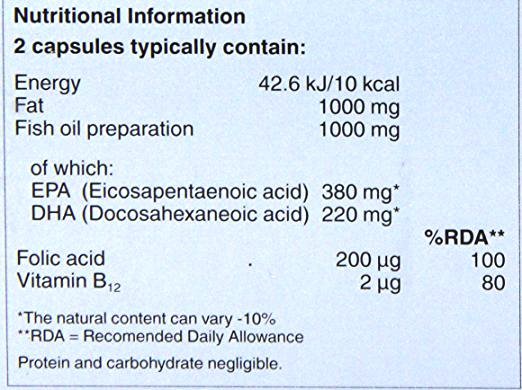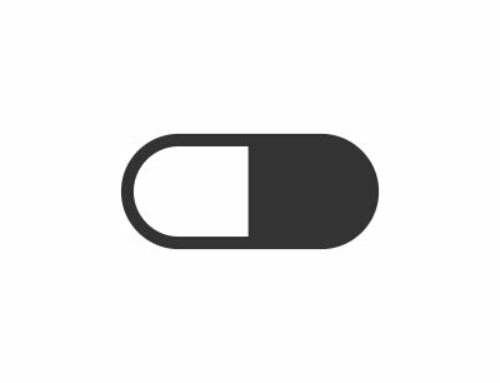 When it comes to getting pregnant, there is no magic food that will help turn a bad egg into a good embryo.
When it comes to getting pregnant, there is no magic food that will help turn a bad egg into a good embryo.
However, there are types of nutrition that are beneficial and scientifically proven to increase pregnancy chances, such as the Mediterranean diet and the Fertility diet (as published by Harvard researchers in 2008).
I’ve dedicated an entire chapter in my book to these two types of diet and the scientific evidence behind it and am currently contemplating about writinga new short Kindle to cover only this specific topic.
In recent years, there have been several reports of high-protein diets as well as eating good quality fats having a positive impact on reproductive health. What fascinates me, though, are the tremendous overlaps in all these styles of nutrition—I’d say that all of these nutrition styles have at least 80% of their components in common.
Simply said, there are foods that are generally beneficial and also supplements that have a positive impact on egg quality. And as we’ve learned from reproductive medicine in the past, when it comes to getting pregnant, there is nothing that comes close to the importance of egg quality. According to the CHR experts (a world-leading institution in all things fertility for women of 35 and above), 95% of embryo quality can be attributed to egg quality.
Take eating fish; for example, fat cold water fish is rich in healthy fats like omega-3. Even if you’re not a big fan of fish, you know that eating fish twice a week substantially improves heart health and, as it has recently turned out, women’s reproductive health, too.
Omega-3 from fish does all this by reducing the inflammatory processes, which we seem to have more of than we like to imagine, even at young age (but this is something science doesn’t know yet for sure).
But it’s not only the fat fish.
You can get omega-3 fats from other foods such as walnuts, pumpkin seeds, or omega-3-enriched eggs.
However, animal sources do seem to be more efficient than the plant ones in delivering right proportions of omega-3, something that we’ve been neglecting for a long time in discussing plant vs. animal sources.
But how many of us stick to a schedule of eating fish twice a week?
How certain can we be that the fatty fish we buy is free of mercury and other toxins?
That’s why I personally eat omega-3-rich foods AND take omega-3 supplements in addition.
 A while ago, I gave a conference talk about nutrition and fertility. Just before my presentation, a GoogleAlert brought this TIME Magazine article to my inbox: “How can Omega-3 help improve fertility?”.
A while ago, I gave a conference talk about nutrition and fertility. Just before my presentation, a GoogleAlert brought this TIME Magazine article to my inbox: “How can Omega-3 help improve fertility?”.
I liked the article for the reason that omega-3 is finally receiving the well-deserved attention (together with some other highly underrated supplements, like vitamin D and CoQ10, which are also highly beneficial for egg quality).
However, we are still waiting for more data from human trials.
But why is it that there are no more data available on such an important topic?
Well, to have solid scientific evidence, we need things like serious clinical trials, involving thousands of participants. This means someone has to run a randomized, placebo-controlled, double-blinded study… this costs a lot of time and money and, therefore, is reserved almost exclusively for testing substances that can be commercialized (like drugs and other patented substancess).
So we may not yet know how exactly omega-3 improves conception chances in humans, but I can give you an example of how that works in animals. After having searched many publications on this topic, this one I liked best: Prolonging the female reproductive lifespan and improving egg quality with dietary omega-3 fatty acids.
In a nutshell, animals in the lab were fed with three types of diets:
1) a diet rich in DHA (omega-3 fats as present in fat fish oil);
2) a diet supplemented with soy oil (source of omega-6 fats in about 20:1 ratio to omega-3, which is comparable to many western diets);or
3) a diet high in saturated fats (coconut oil—which is great, of course, but not as an only source of fat, so you guess already that some essential fatty acids were completely missing).
Animals were bred over several generations and the results were…astonishing.
As you can imagine, animals whose only source of fat was coconut oil stopped having viable pups already in the next generation.
Animals with a diet rich in soy oil (similar to what many women in industrialized societies eat in terms of omega-6 intake), had babies for another two generations.
The group fed with extra DHA (omega-3-rich diet) reproduced beautifully over six generations (until the experiment was completed) and animals had significantly prolonged fertility span, meaning they were able to have babies longer.
Now, that I find seriously beautiful. Why?
Because it confirms that (like many researchers have said for decades…) eating diets rich in omega-6, which almost all people have since the advent of industrial food production, has health consequences, and compromised fertility in women is likely one of them.
It also suggests that omega-3 has a bigger role in animals having good, mature eggs well into advanced age.
The effects may go beyond the egg quality—good fat composition is likely beneficial for the endometrial lining and implantation process in humans as suggested by this study:
 To end this post, I would like to recommend to you three good omega-3 supplements.
To end this post, I would like to recommend to you three good omega-3 supplements.
The first and second are produced using the highest quality fish oil. Besides omega-3 fatty acids, they contain folic acid and vitamin B12 (both folic acid and B12 contribute to a normal immune system, blood formation, and support normal maternal tissue growth):
Particularly Bio-Marine Plus (you can find it here) is a good supplement for those who for various reasons do not eat fish in amounts recommended by health authorities and for those who need an extra clean and easily absorbed fish oil:
This supplement here I like for the reason that it provides a reasonably high amount of omega-3 sources and is suitable also for vegetarians.
Keep your eggs up,
see you next week!
Further readings: A randomised controlled trial of a preconceptional dietary intervention in women undergoing IVF treatment (PREPARE trial).






